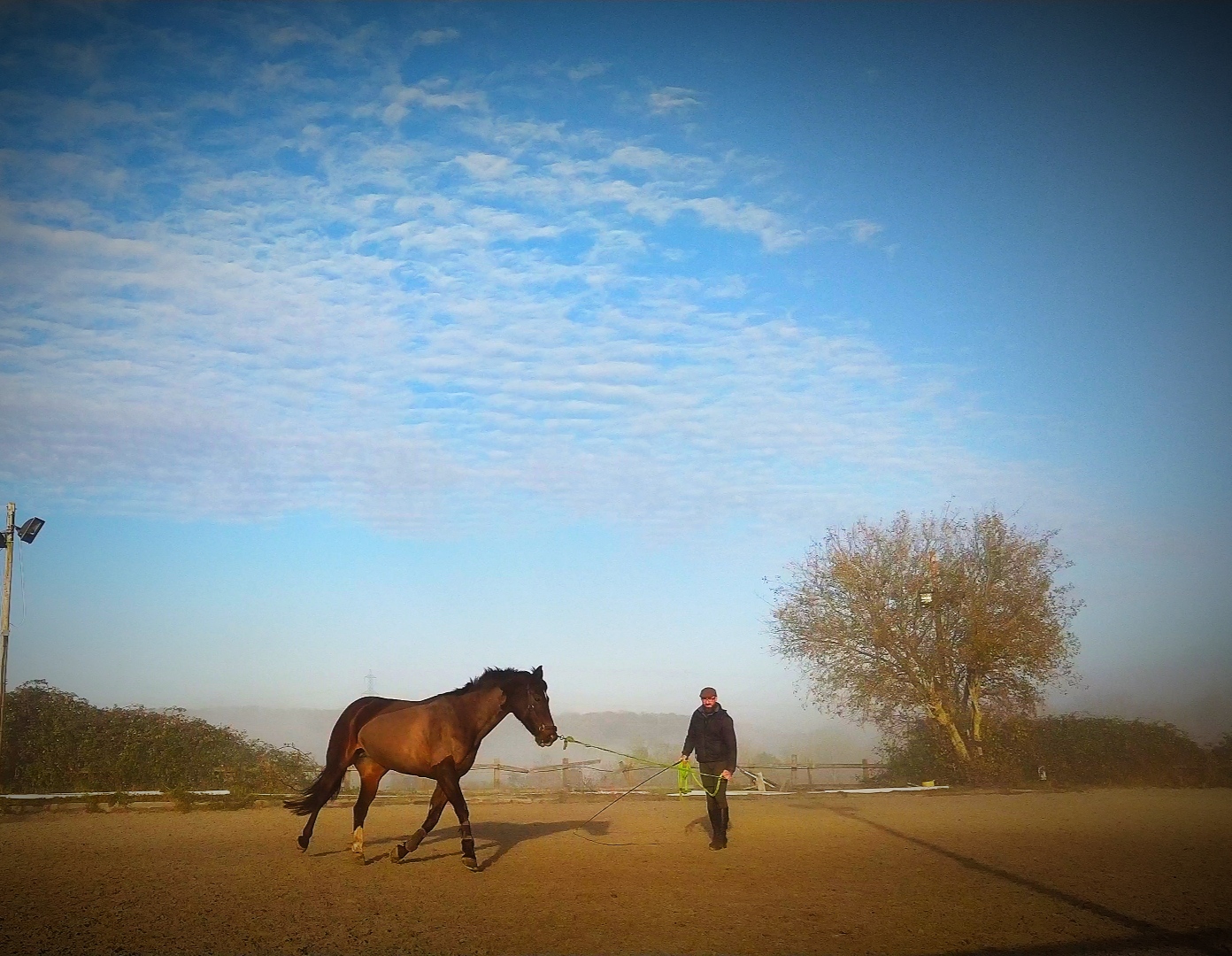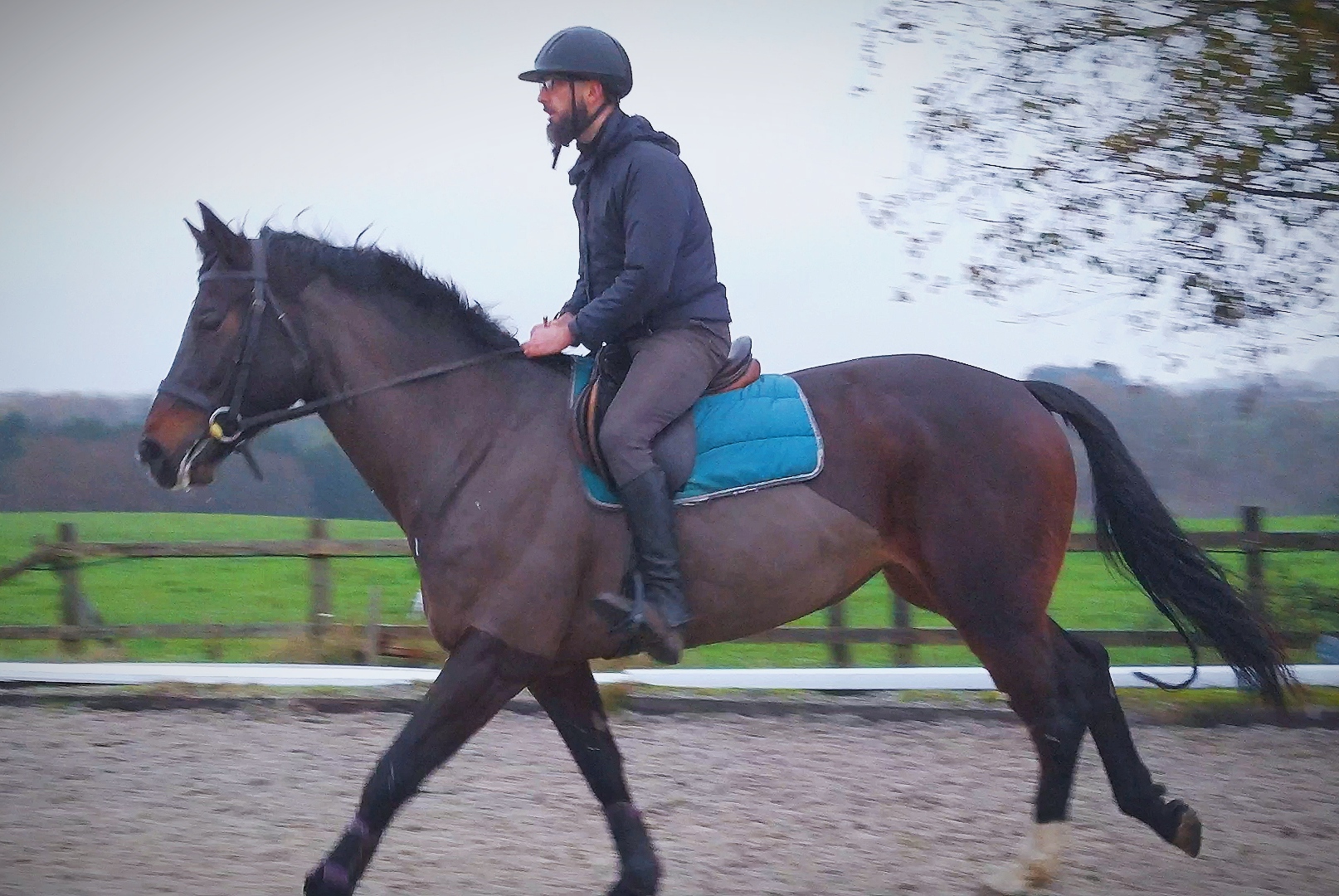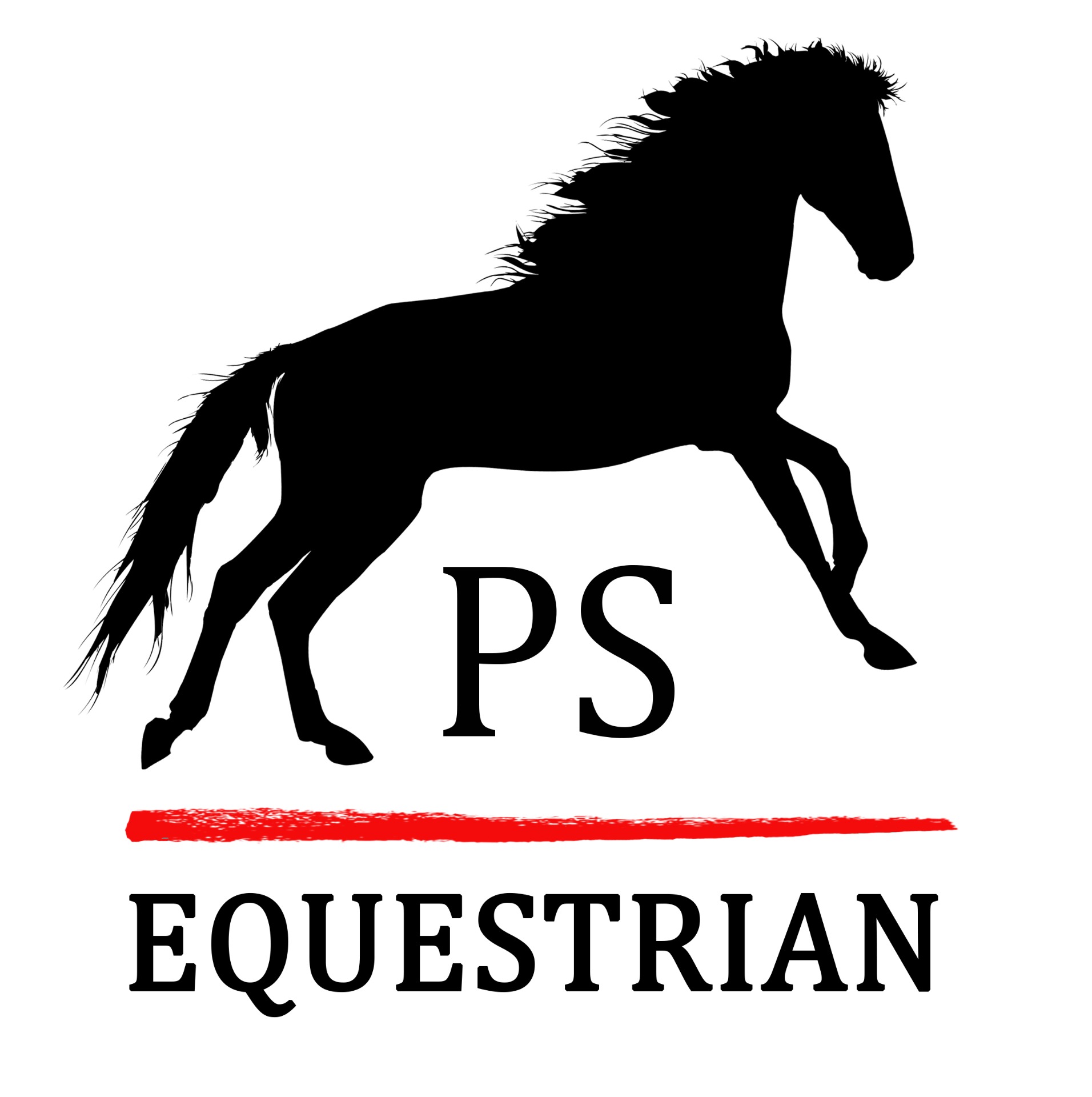Lessons for Life Learned through Horse Training
There are many skills to learn in order to be a good horse trainer, and just as importantly, there are many attitudes and mental habits that we must adopt to effectively work with our horses. An anxious horse will naturally misbehave, and an anxious trainer will always end up making the horse nervous too. It is important, then, to develop mental attitudes and habits that will lead to calm interactions and teachable horses.
From Italy to the UK
I was born and raised in Italy. I grew up in a small village, and there were not many horses around. When I was 6 years old, I went to the circus and saw a horse show, and I was immediately hooked on what was to become my lifelong passion.
I was absolutely in love with the horses and completely fascinated by the close bond between horse and trainer.
When we got home from the circus that day, I asked my mum, "Can you buy me a horse?" To my dismay, she ignored me. But I was not easily deterred. I continued to dream about working with horses, and when I was 25, I finally got the chance to own my first horse. I have owned and trained many more since, turning that little boy's dream into a reality.

I first discovered the joy of teaching and satisfaction of passing knowledge along to my students when I had my own yard in Italy. Today, I am a British Horse Society Accredited Coach, and I offer a range of training services to help improve my students' relationships with their horses or to familiarise a "fresh horse" with the type of relationship that will ideally develop between horse and trainer.
Stress-Free Horse Training is Effective Training
As a trainer, I combine technical skill and appropriate mindsets in my work with horses, and as a coach, I equip my students to do the same. I have discovered that many instructors are adept at explaining techniques, but I've found few who can show their students how the mind affects performance and the ability to learn, then help nurture those mindsets in their students. It is important to understand that any mental tension we feel is transferred into our muscles, and this can affect the learning process - a point to keep in mind in relation to both trainer and horse. In my work as a coach, I focus on training for muscle memory and for building the mindsets that will allow the trainer to manage mental stress and create a freer environment for positive muscle action and effective learning.

As a sportsman, I have often noticed that many of the limitations or obstacles to improvement that I've encountered over the years were not technical in nature, but mental.
We can only learn when we let go of our dependence on the old mental patterns, ideas, and habits that have been holding us back.
In so doing, we free our minds and bodies to learn new, healthier habits. If we want to learn afresh, we must transform ourselves each day, always starting with a clean slate, which will allow us to learn more effectively.
You and Your Horse: Partners in Training
I know what it is to be frustrated with an uncooperative horse. All of us who work with horses hope to have a collaborative experience working with a horse that is enthusiastic about its own training, but in truth, this does not always happen.
When a horse has been trained well, it will do what its trainer asks, but more importantly, it works in partnership with the trainer, forming a collaborative, enthusiastic, and happy relationship.
By contrast, when a horse is forced to do something it does
not want to do, it will not be the trainer's partner, and as a result, it will not be
enthusiastic or happy. It is, of course, possible to force or coerce a horse to
do something, but my question is simple: is this the connection you want to
have with your horse?
Forming Close Connections Between Horse and Trainer
In my work as a coach, I equip trainers to form positive relationships with their horses, relationships in which horse and trainer are partners, and in which both are enthusiastic about the work they are doing together. The closeness of this connection leads to a happy horse and a happy trainer.
